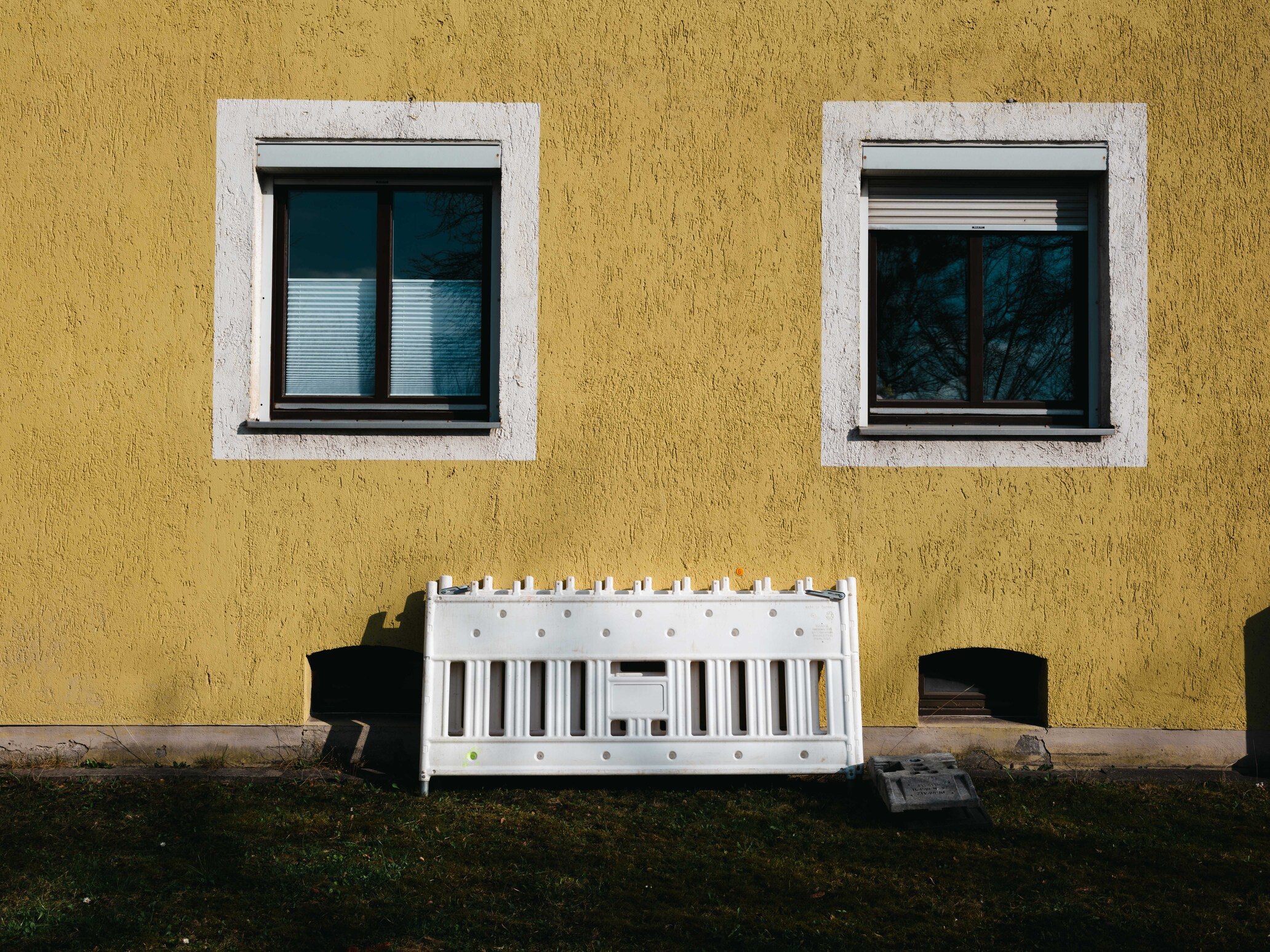Our first annual report is out
What does a research institute like ISI actually do? We ask ourselves this question — and answer it in our first report. In it, we show what we are researching, why it is relevant and for whom. Not only for academic circles, but also for all those who are interested in our society. Because inequality doesn't just affect statistics, but everyday life. Research is good when you understand it. And when it triggers something. In the best case scenario: a rethink.

When did you feel inequality for the first time?
Perhaps when looking at the sandwich of the person sitting next to you. On your first visit to a home that looked completely different from your own. Or when it became clear who could afford tutoring and who could not. You never forget moments like this. Because they show that inequality is not abstract, but happens right in the middle of everyday life.
In the ISI Inaugural Report, people talk about exactly such experiences — their first conscious encounter with inequality. Personal, approachable and without academic distance. It's about shame, surprise, anger. And about what came of it: questions, attitudes, careers.
The report is not a classic annual report. There is no PR vocabulary and no page-long organization charts. Instead, you'll find a thought-provoking quiz. Portraits that touch. And research that remains understandable without losing depth. It is about wealth inequality, but also about power, origin, participation and how we can become more just as a society.
What were we thinking? That research must have an impact. That numbers need stories. And that a report can be a start for thinking about inequality in a different way.
The ISI sees itself not only as a research institute, but as a place where knowledge is classified and made public. This is where international research, critically discussed and spoken with attitude. Our vision is an institute that gets involved — scientifically, politically and humanly.
If you want to understand why inequality is not just an economic gap, but often a feeling, then read this report. And feel free to ask yourself a few uncomfortable questions. We're doing it too.
%20(1)%20(2).jpg)
%20(1).jpg)
